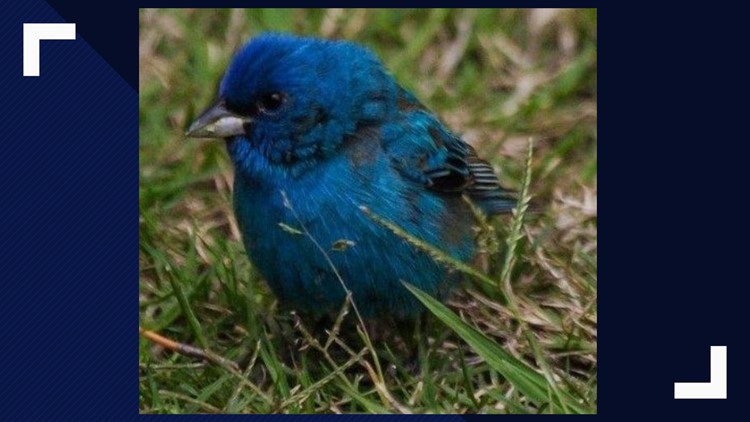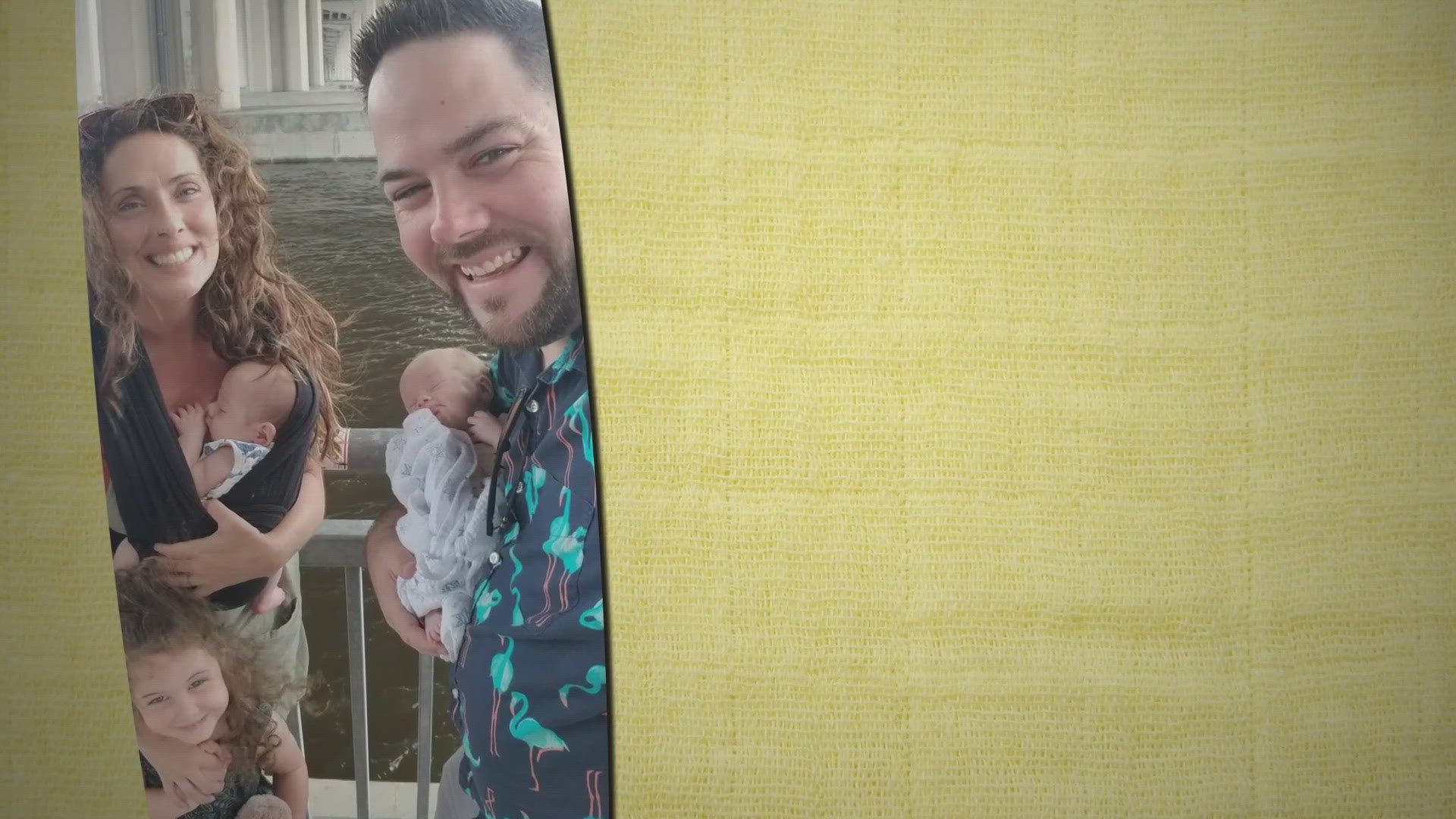State wildlife authorities are taking action to protect Florida’s native songbirds from illegal trapping, trafficking and possession as pets — an increasing problem statewide.
The Florida Fish and Wildlife Conservation Commission is proposing a new rule targeting songbird poachers by making it easier to confiscate the various traps they use to capture the birds, which often are injured or killed in the process by poachers and seriously mistreated by wildlife traffickers.
The draft rule focuses on regulations regarding the use, placement, possession and transport of bird traps. It is intended to be another law enforcement tool to stop poaching and trafficking of songbirds while still allowing the lawful use of bird traps such as for conservation and research.
The commission Feb. 21 agreed to move forward with the proposed rule, and is seeking public comment. The commission could act on the measure at its next meeting, May 1 and 2 in Tallahassee.
“This is very important,” said Jody Willis, president of the Duval Audubon Society, with about 1,100 members in Clay, Duval and Nassau counties.
“Our position like anybody in Audubon is that anything, any rule or any law that’s put in place that will help stop this or prevent this and slow down the illegal trapping is greatly needed,” Willis said.
Songbird poaching threatens already vulnerable species. Painted and indigo buntings are two species most commonly targeted. The captured birds are typically sold as pets, state wildlife biologists say.
The federal Migratory Bird Treaty Act and state rules prohibit the capture, possession, sale, purchase, and transportation of Florida’s native birds. However, illegal trapping of native birds is a longtime concern especially in South Florida where commission officials believe such poaching is widespread.
In April 2018, six people were charged with the trafficking of at least 400 protected birds. More than 20 species were involved in that case, according to Kipp Frohlich, commission director of Habitat and Species Conservation.
He said a similar case in the early-2000 resulted in the the indictment of six people and three pet stores for selling and possessing protected birds. Some cases involved severe animal cruelty, and some captured birds were injured or died, according to the commission.
Willis said songbird poaching isn’t rampant in Northeast Florida but it does happen. A lot of people who do it, she said, are unaware it’s illegal.
“If they continue to do this they will be threatening the birds with extinction,” she said of the painted and indigo buntings, which are beautiful and have a sweet-sounding song.
Although it’s illegal to capture, possess, or sell native birds, there currently are no state regulations regarding the use, placement, possession, or transport of traps.
During the past two years, agency law enforcement officers have confiscated more than 100 traps containing birds. Many more empty traps were found empty of birds, Frohlich said in a Feb. 21 memo recommending the proposed rule.
Painted and indigo buntings breed in North Florida but spend the winter primarily in southern Florida. The birds can be found throughout much of the state during spring and fall migration.
Songbird poachers use are variety of traps including specially built cages, mist nets, noose traps, and adhesives. They lure the birds with food, other birds or recordings of bird vocalizations. The traps typically can be found hanging from trees about two-to four feet above the ground in high grass where wintering birds like to seek cover. The traps usually are left for several hours before the poacher returns to check for captured birds.
Illegally trapped birds as well as the devices to capture them have been sold at pet stores and informal markets. Boxes with hidden compartments have been used to smuggle the birds to buyers nationwide, Frohlich said.
The public can comment on the proposed rule via email at Imperiled@MyFWC.com. People can report illegal trapping via the commission’s Wildlife Alert Hotline at (888) 404-3922 or by email or text to Tip@MyFWC.com.
Teresa Stepzinski: (904) 359-4075
To read the full Florida Times-Union article click here.



